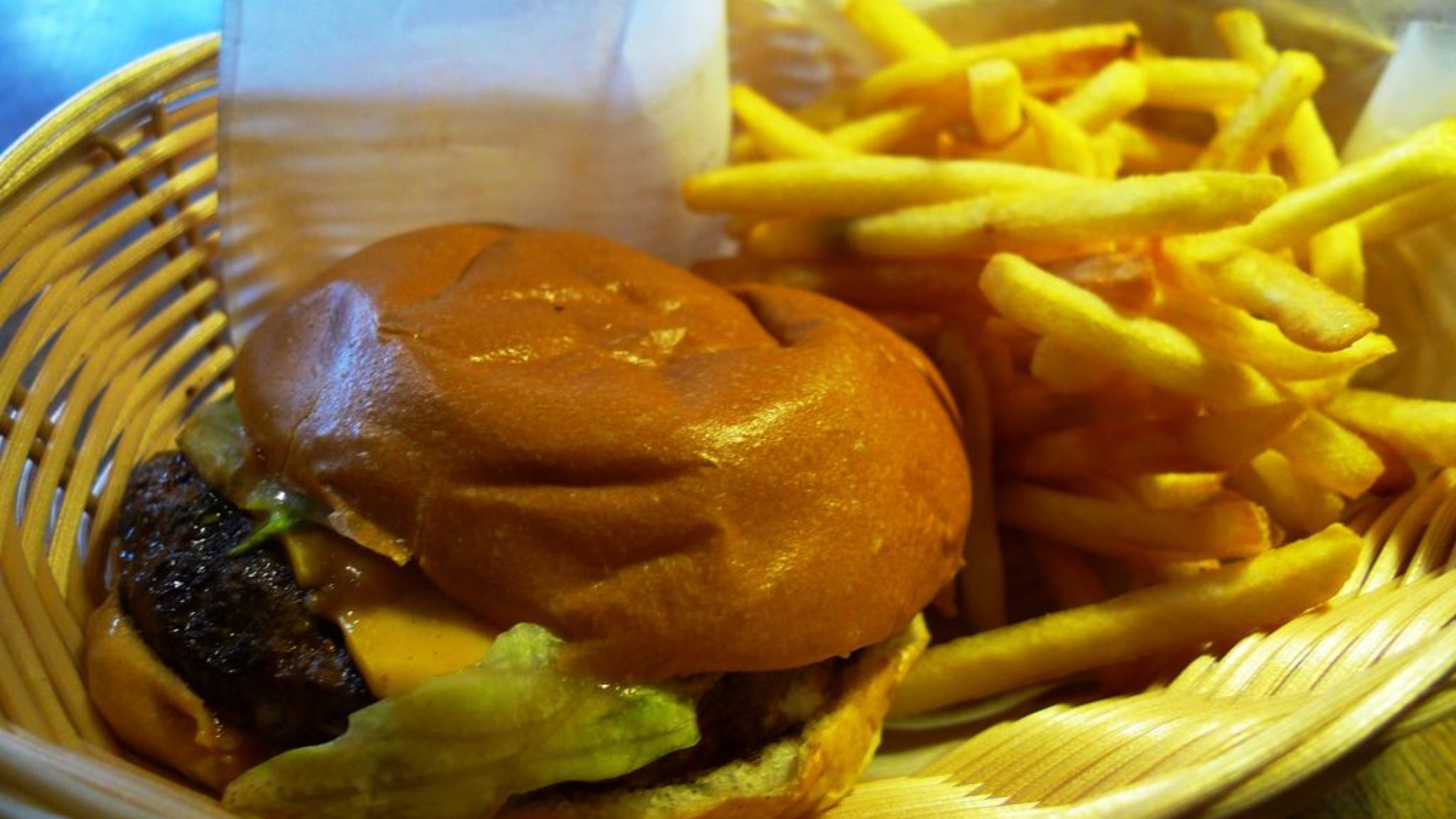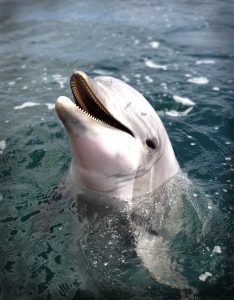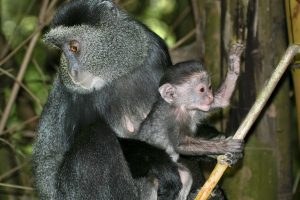For animals, ‘Value meals’ are not just about quantity
Animals that hunt or forage for prey can be just as picky as humans about their food, and recent studies show that their choices are based on the quality of food they consume rather than its quantity.
For example, some bugs and spiders have a Spidey sense for regulating their diet to get the nutrients they need without gorging on less nutritious prey. In a recent paper published in PLOS ONE, scientists fed wolf spiders with flies that had been raised on either nutrient-rich or nutrient-poor diets. They found that the spiders hunted both kinds of flies, but chose which ones to eat based on the nutritional quality of the flies, and the spiders’ own dietary history.
Though such carefully controlled experimental diets aren’t always possible in the wild, two other recent studies rely on observations of how changes in food availability affect mammals in oceans and tropical forests.
Unlike wolf spiders, marine mammals are frequently believed to thrive eating any kind of fish, as long as there is enough of it. However, another study published this month in PLOS ONE questions this idea by analyzing the food habits of 11 species of dolphins, whales and porpoises.
These researchers discovered that although some marine mammals ate most kinds of prey, others were more finicky, and only ate certain fast-moving varieties of fish. Fast-moving fish are more energy-rich as food than slower moving species, but it also takes more effort to catch them. This energy expenditure is, quite literally, the price that marine animals pay for their dinner. According to this study, these preferences appear linked to the muscle performance of the predators- faster moving predators require high-energy prey, while others can afford to be more liberal in their food choices.
Marine life is widely affected by climatic shifts, global warming and fishing, which are causing the populations of high-energy fish to drop and increasing the numbers of low-energy species, a phenomenon the authors describe as “the emergence of junk-food in the ecosystem.” This ‘junk-food’ is likely to have a greater impact on more selective eaters, and the authors suggest that understanding the dietary preferences of these marine mammals could help manage and prioritize conservation efforts.
Changing weather also causes land animals to adopt different diets. Several monkey species switch to fallback foods when the foods they prefer are out of season, and a study published today found that these behavioral changes can have effects beyond just simple changes in nutritional value. Scientists studying blue monkeys in tropical forests found that levels of a stress marker increased in female monkeys when they had to eat lower-quality fallback foods like leaves instead of their first preference of insects or fresh fruit. The dietary change also affected the female monkeys’ reproductive health, although that of the males remained unchanged.
These and other studies reveal how animals’ dinner decisions aren’t just about quantity but quality, and how changes in their food habits impact their health. Read other PLOS ONE papers to learn about salt-loving flies, how brightly colored birds choose foods with more pigments, why pandas eat bamboo, and more.
Photo credits:
Burger by Ewan-M on flickr, wolf spider by jack_246, dolphin by Brian Branstetter, Cercopithecus by Steffen Foerster
Citations:
Schmidt JM, Sebastian P, Wilder SM, Rypstra AL (2012) The Nutritional Content of Prey Affects the Foraging of a Generalist Arthropod Predator. PLoS ONE 7(11): e49223. doi:10.1371/journal.pone.0049223
Spitz J, Trites AW, Becquet V, Brind’Amour A, Cherel Y, et al. (2012) Cost of Living Dictates what Whales, Dolphins and Porpoises Eat: The Importance of Prey Quality on Predator Foraging Strategies. PLoS ONE 7(11): e50096. doi:10.1371/journal.pone.0050096
Foerster S, Cords M, Monfort SL (2012) Seasonal Energetic Stress in a Tropical Forest Primate: Proximate Causes and Evolutionary Implications. PLoS ONE 7(11): e50108. doi:10.1371/journal.pone.0050108




